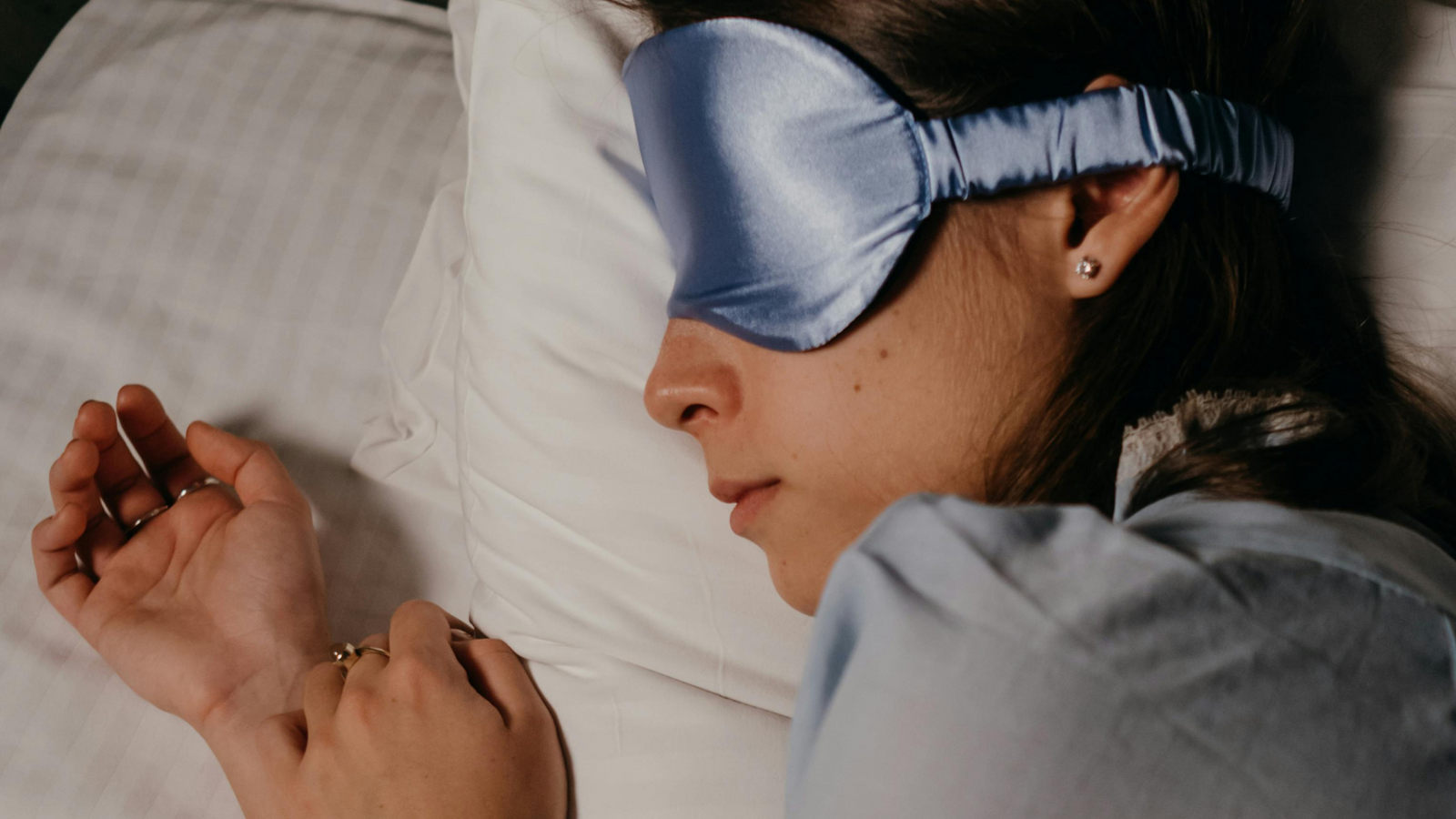Your Cart is Empty
Buy now, pay later or in 3 with Klarna
Get free shipping by subscribing to newsletter!
Fast shipping from our warehouse in the UK!
Buy now, pay later or in 3 with Klarna
Get free shipping by subscribing to newsletter!
Fast shipping from our warehouse in the UK!

Improving Your Sleep: 10 Indirect Ways to Achieve It
Good sleep is essential for both physical and mental health, but simply going to bed at a reasonable hour isn’t always enough. Many factors influence the quality of our rest. Here are 10 indirect yet effective ways to optimize your sleep and wake up feeling more refreshed than ever.
1. Get Enough Magnesium
Magnesium plays a crucial role in muscle relaxation and stress reduction. A deficiency can lead to sleep disturbances. Incorporate magnesium-rich foods into your diet, such as almonds, pumpkin seeds, dark chocolate, and leafy greens. You can also consider supplements if needed.

2. Stay Active Daily
Physical activity is one of the best ways to improve sleep quality. Exercise helps regulate the internal clock, reduces anxiety, and makes falling asleep easier. Ideally, engage in physical activity during the day and avoid intense workouts right before bed.

3. Get Natural Light Exposure
Spending time outdoors helps synchronize your sleep-wake cycle. Daylight boosts serotonin production, which later converts into melatonin in the evening, promoting restful sleep. If possible, take a break outside in the morning or early afternoon.
4. Eat Smart
Nutrition plays a key role in sleep quality. Prioritize foods rich in tryptophan (eggs, turkey, bananas, nuts), which help produce serotonin. This hormone plays a key role in regulating the sleep-wake cycle, as it is later converted into melatonin, the sleep hormone. Proper serotonin production thus promotes falling asleep and enhances sleep quality. Avoid heavy meals before bed and reduce sugar and stimulant intake later in the day.

5. Limit Screen Time in the Evening
The blue light from screens inhibits melatonin production, the hormone responsible for sleep. To improve your rest, reduce screen time at least an hour before bed or use a "night mode" setting on your devices.
6. Adopt a Relaxing Bedtime Routine
A calming ritual before bed signals to your brain that it's time to sleep. A warm bath, reading, meditation, or listening to soft music—find what works best for you and stick to this routine every night.

7. Avoid Caffeine and Alcohol at Night
Caffeine is a stimulant that can disrupt sleep for up to six hours after consumption. Alcohol, on the other hand, affects deep sleep quality. Opt for herbal teas or water in the evening for optimal rest.
8. Optimize Your Sleep Environment
A dark, quiet, and cool bedroom (ideally around 18°C / 65°F) promotes better sleep. Use blackout curtains, earplugs if needed, and eliminate any distracting light sources. Investing in a supportive mattress and pillow suited to your sleep posture can also make a big difference.

9. Try Essential Oils
Certain essential oils, such as lavender and chamomile, are known for their calming properties. You can diffuse them in your bedroom or apply a few drops to your pillow for a soothing effect.

10. Maintain a Consistent Sleep Schedule
Going to bed and waking up at the same time every day, even on weekends, helps regulate your biological clock. A stable routine promotes faster sleep onset and better sleep quality.
Conclusion
Improving your sleep isn’t just about going to bed earlier. Small lifestyle adjustments and habits can contribute to deeper, more restorative rest. Try these tips and see which ones work best for you! 😴
Enjoyed this article?
Don’t stop here! Head over to our MedCline website to explore a wealth of practical and informative articles on a variety of topics: acid reflux, shoulder pain, pregnancy, and even the fascinating science of sleep. Take care of your health and improve your daily life with our content dedicated to your well-being. See you soon on medcline.co.uk !



